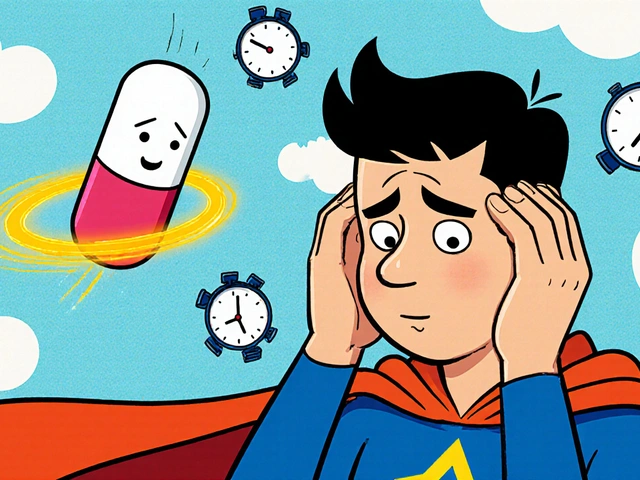Parenting Tips You Can Use Right Now
Being a parent feels like juggling nonstop. You want your kids to be safe, healthy, and happy while keeping yourself sane. The good news? Small changes in daily habits can create big results. Below are straightforward ideas that fit any busy schedule.
Everyday Routines That Work
Kids thrive on predictability. Set a simple morning checklist: brush teeth, get dressed, grab a snack, then head out. Write the steps on a sticky note and let them follow it. When they see the routine, they know what’s next and are less likely to resist.
Dinner time can be another stress‑free zone. Choose a “no screen” rule for at least 30 minutes before meals. This encourages conversation and helps kids focus on eating. Even a quick round of sharing one good thing that happened today builds connection.
Positive Communication Tricks
Instead of saying, "Stop jumping," try, "I need you to stay still so we can hear the movie." Framing requests positively tells kids what you want, not just what you don’t. It reduces power struggles and teaches respectful listening.
When emotions run high, use a simple phrase like, "Let’s take three breaths together." Modeling calm breathing gives children a tool they can copy later. Pair it with a gentle touch or eye contact for extra reassurance.
Reward good behavior without making it feel like bribery. A quick “Great job sharing your toys!” followed by a high‑five is enough. Kids notice praise more than material rewards, and the acknowledgment sticks longer.
Sleep quality matters for both kids and parents. Keep bedtime consistent: dim lights, a short story, then lights out at the same hour each night. A predictable wind‑down signals the brain it’s time to rest, reducing nighttime fights.
If you’re dealing with picky eaters, involve them in meal prep. Let them wash veggies or stir sauce. When they see their effort on the plate, they’re more willing to try new flavors. Keep portions small; a bite is enough to start.
Screen time doesn’t have to be an enemy. Set clear limits—like 30 minutes after homework—then stick to them. Use parental controls if needed, but explain why the rule exists. Kids respect boundaries when they understand the reason.
Finally, give yourself a break. Even five minutes of quiet coffee while the kids play can recharge you. A rested parent handles challenges better, and that calm energy spreads to the whole family.

Understanding the Link Between ADHD and Bed-Wetting: Essential Insights for Parents
Exploring the complex relationship between ADHD and bed-wetting in children, this article provides parents with vital information including causes, connections, and practical tips to help manage these challenges effectively.





